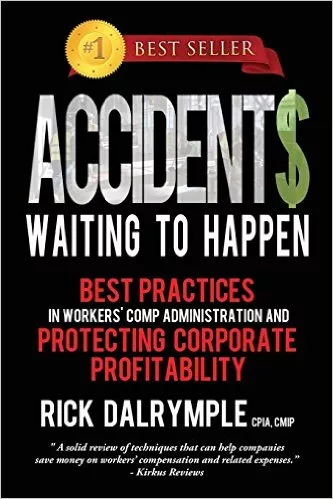Legal Insights
VIDEO: Federal Judge Rules Corporate Transparency Act Unconstitutional
Legal expert advises roofing contractors to stay informed amidst legal battle
An Alabama federal judge deemed the Corporate Transparency Act unconstitutional on March 1, determining that the U.S. Treasury Department cannot require small business owners to report details regarding their owners and those who benefit from the business.
However, legal experts warn that this likely isn’t the end of the act. In this episode of Legal Insights, RC Publisher Jill Bloom speaks with Trent Cotney, partner at Adams and Reese, about the judge’s ruling and how it will affect roofing companies going forward.
“Continue to pay attention because it is a big issue and it is time consuming and there's a lot of ramifications behind it,” Cotney said.
Enacted in 2021 as part of the National Defense Authorization Act, the Corporate Transparency Act was effective for newly formed entities as of Jan. 1, 2024. These reporting companies would need to provide information like home addresses, Social Security Numbers and copies of either a driver’s license or passport of the business owner and beneficiaries.
“If you own 25% or you substantially control a company, usually a small business … you’ve got to report that beneficial ownership interest to FinCEN, which is the Department of Treasury’s financial crimes arm,” Cotney said.
The penalty for non-compliance is $500 a day plus potential imprisonment of up to two years.
U.S. District Judge Liles C. Burke called the act unconstitutional “because it cannot be justified as an exercise of Congress’s enumerated powers.”
“In my opinion, the right ruling is that this is overstepping the authority of Congress and is unconstitutional,” Cotney said. “Now, where do we stand now and what does this mean? Does this mean you can completely disregard the CTA and throw it in there with all the other failed legislation? Not yet.”
Proponents see the act as a landmark anti-money laundering law that cracks down on anonymous shell companies, while others consider it burdensome and invasive. The National Small Business Association filed a suit in 2022, saying it violates free speech protections and infringes on states’ powers to govern business.
View the full video here, or download the podcast version and listen at your leisure.
Looking for a reprint of this article?
From high-res PDFs to custom plaques, order your copy today!






.webp?height=200&t=1732921470&width=200)


